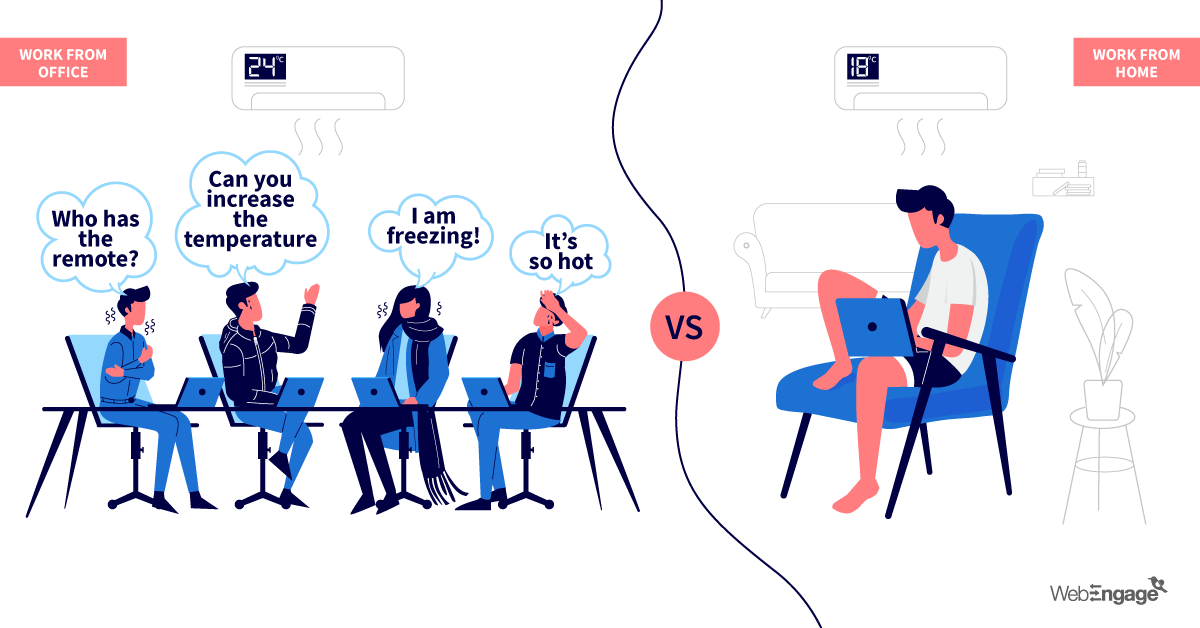Working from Home
COVID-19 has forced millions of people to stay at home, many persons engaging in satellite working arrangements. More commonly referred to as Work From Home (WFH), but roughly a year into the pandemic and WFH for many is it a viable long-term alternative.
The same has positive and negative ramifications going forward. Those who can afford to telecommute, homeschool their children, and earn steady incomes will come out significantly ahead of those who cannot. Of the rest, some will manage; however, many will struggle with job losses and debt burden. These households are more likely to be single parents or single-income families, with less ability to telecommute and are more likely employed in the service sectors, in jobs that place them at higher risk of coming into contact with the Coronavirus. Their ability to homeschool children is limited by both parental education and lack of access to the high-speed Internet that enables remote instruction. Businesses will also learn in this time that given the right incentives, it would be prudent to analyze shorter workdays or workweek scenarios without a reduction in employee compensation.
Productivity, not the most important thing
It is also worth mentioning that productivity isn’t the only evidence of success—or even the most important. Performance is probably the better, bigger concept—based partially based on productivity—but also including engagement, commitment, learning, growth, innovation, and contributions to the community as a whole. Productivity is part of a broader whole of overall performance.
Panic Productivity
Many of the reports of increased productivity were early in the pandemic. Some have dubbed this “panic productivity,” attributing the early perception of increased productivity to the adrenaline boost people got from the sudden shifts in the nature and location of their work. Job loss was rife, and people may have been working like crazy in the hopes of staying visible, relevant, and ensuring their boss thought they were still adding value even from home.
Long Term effects of Working from Home
The Complexity Of Work
One recent study showed people could be more productive on routine or repetitive work, but less so on work that was complex, urgent, or required problem-solving.
The solution: Encourage people to consider where they do their best work. Avoid assuming all work can be done most effectively regardless of the location, and empower people to choose where they do their best work. Create places where people want to be, so they are attracted to an office where they can complete more complex work or problem-solving. Also, support them in curating the best conditions in their home environments
Work is more than just cranking out the proverbial widget or the number of keystrokes delivered. People must get something back, and a large part of the return is in relationships, social capital, and connections with colleagues. This may be the biggest reason productivity can’t be at its best working from home.
Solution
Lets us choose where we want to work
Bottom line: educate people and empower them, providing plenty of choice and control about where they do their best work whether it is more complex or more routine.




Comments
Post a Comment